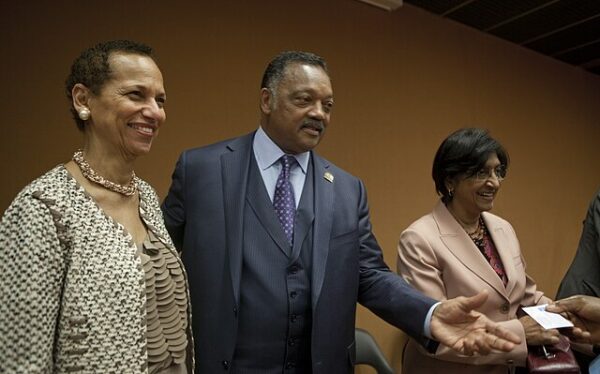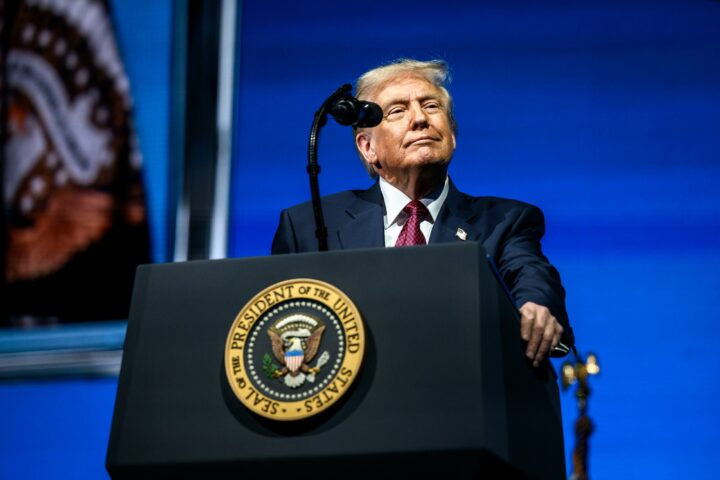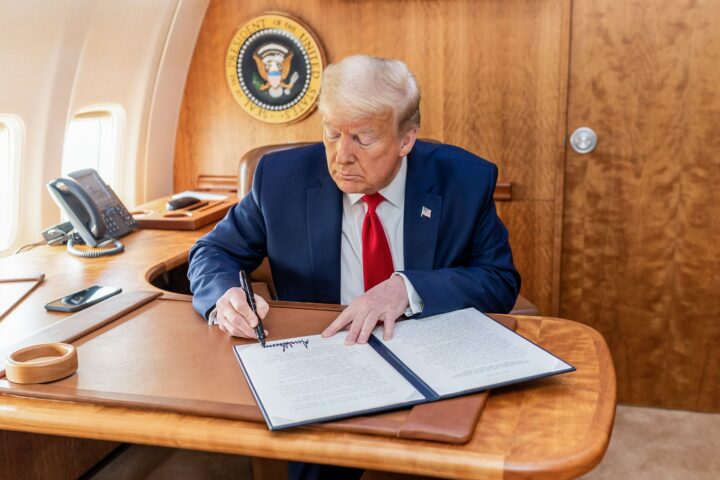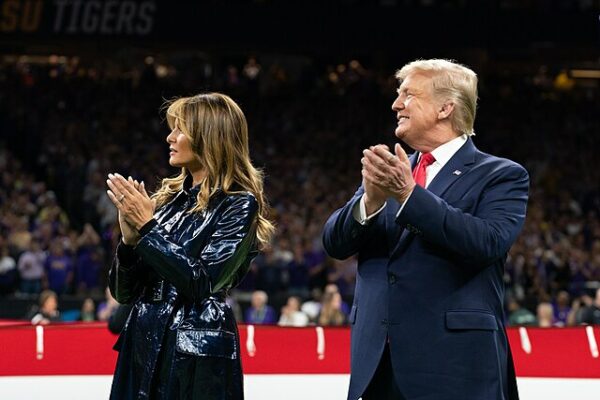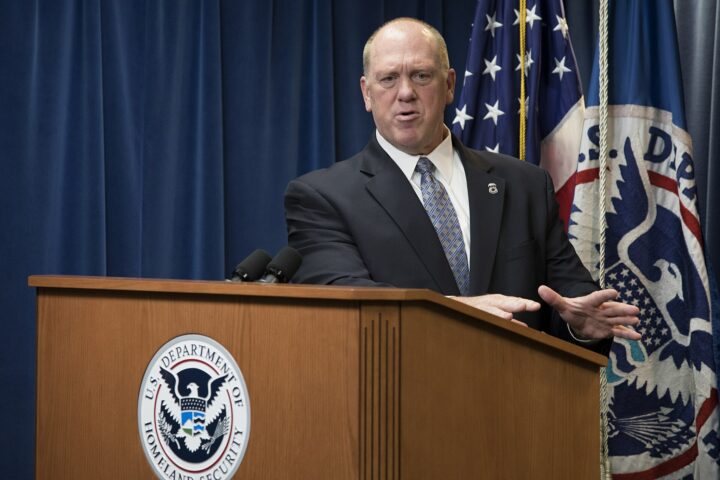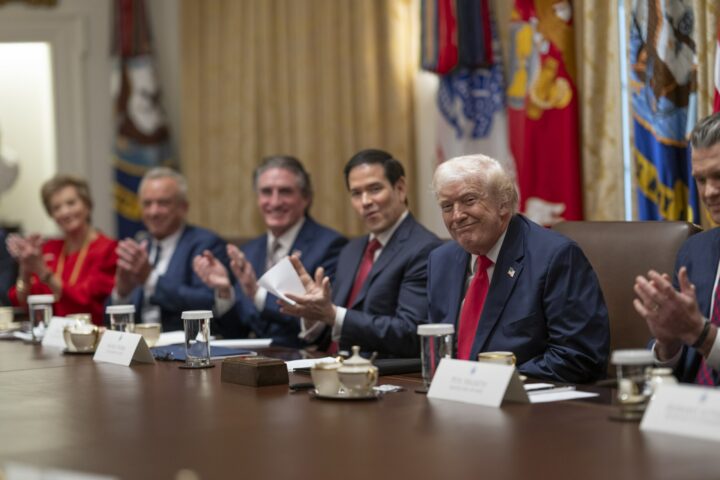Political commentator Mark Halperin and former White House Press Secretary Sean Spicer have voiced strong objections to NBC News’ selection of panelists slated to provide analysis following President-elect Donald Trump’s upcoming interview on “Meet the Press.” Hosted by Kristen Welker, the interview marked Trump’s first network appearance since his electoral victory over Vice President Kamala Harris in November.
The panel, tasked with offering commentary after Sunday’s interview, included Politico correspondent Eugene Daniels, NBC News correspondent Carol Lee, MSNBC host Jen Psaki, and Marc Short, who served as chief of staff to former Vice President Mike Pence, noted The Daily Caller. During an appearance on “The Morning Meeting,” Halperin and Spicer criticized the panel for lacking ideological diversity, arguing that its composition undermines fair and balanced analysis.
“This is a joke,” Spicer remarked, criticizing the absence of voices more aligned with Trump’s perspective. While acknowledging that challenging questions are appropriate, Spicer suggested the chosen panelists would likely fail to provide objective commentary due to their perceived biases.
Halperin concurred, describing the panel as unrepresentative of the electorate that supported Trump. “It’s ridiculous. He won the popular vote. He won the Electoral College. He’s going to be president, and yet the panel analyzing the interview is composed of individuals who are openly hostile to him,” Halperin said. He also questioned whether NBC had made any genuine effort to include ideologically diverse perspectives on the panel.
President-elect Donald Trump outlined ambitious plans for his upcoming term in his interview with Welker. He pledged immediate actions such as pardoning January 6 rioters on his first day in office, deporting millions of undocumented immigrants, and ending birthright citizenship. Trump also expressed interest in finding a legislative solution to protect Dreamers, extending tax cuts from his first term, and maintaining access to abortion pills. While defending his proposals, he conceded uncertainty about their impact, particularly regarding potential tariffs that could raise costs for American families.
On social and fiscal policies, Trump reiterated his commitment to preserving entitlement programs like Social Security and Medicare without increasing eligibility ages or cutting benefits. He stated he would not direct investigations against political opponents but left room for his appointees, including potential Attorney General Pam Bondi and FBI Director Kash Patel, to act independently. Despite his calm demeanor during the interview, Trump sparred with Welker over fact-checking and refused to concede his 2020 election loss, doubling down on claims that the current political climate is divisive under President Joe Biden’s leadership.
Immigration emerged as a focal point, with Trump detailing plans for mass deportations and stricter enforcement of immigration laws. He acknowledged the complexities and potential costs of such actions but insisted they were necessary. However, he also voiced a willingness to collaborate with Democrats on policies for Dreamers, recognizing their contributions to society. On healthcare, Trump dismissed the Affordable Care Act as ineffective but admitted he lacks a fully developed alternative, stating he would rely on experts to craft a better solution.
When it came to foreign policy, Trump said intends to recalibrate America’s global commitments, including potential changes to NATO participation contingent on member countries meeting financial obligations. He also expressed a desire to end the war in Ukraine, though he indicated reduced U.S. military aid might be forthcoming.
The president-elect finished with a conciliatory tone, promising unity in his next inaugural address and pledging to treat all Americans fairly, including those who did not vote for him.

